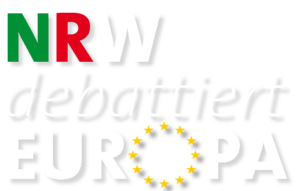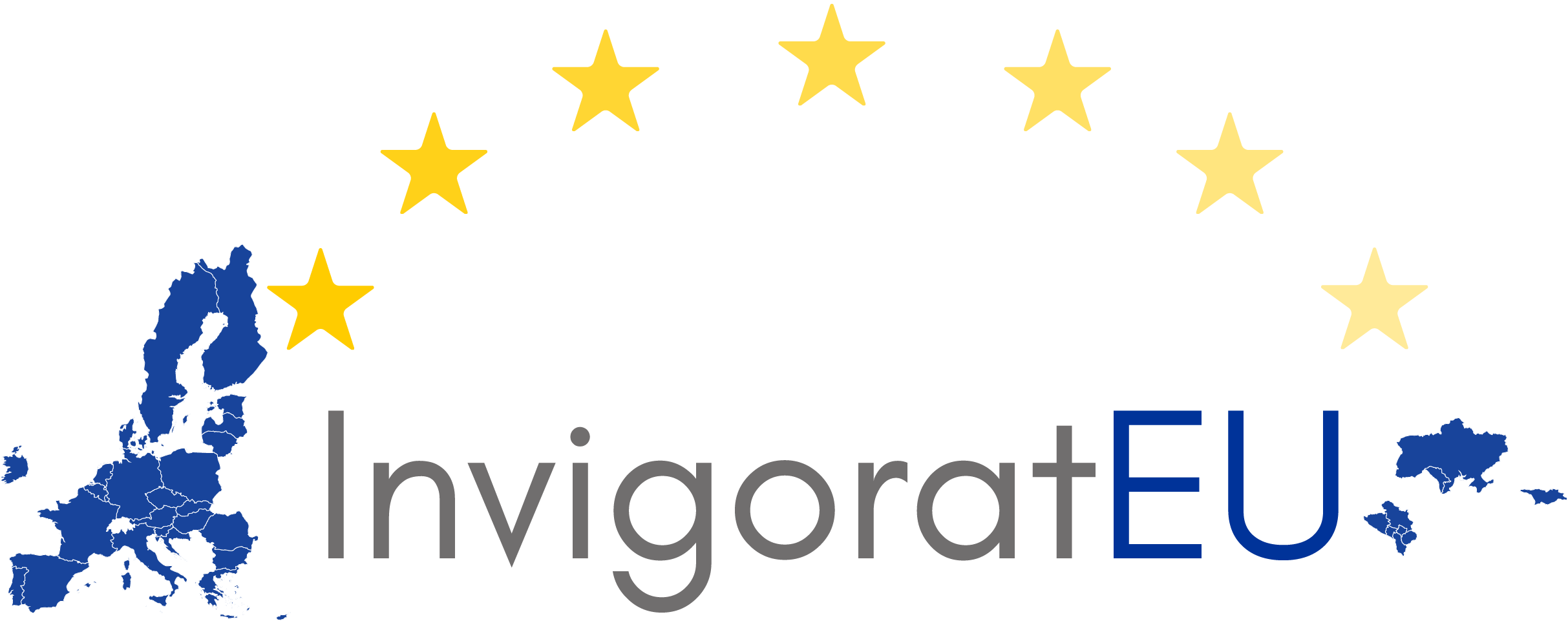In the run-up to the European elections, the “Ruhrpott für Europa” project aims to get young people interested in the European idea and political participation. The project is funded by the regional centre for political education. The initiator Milad Tabesch was active in a school workshop at the beginning of May, which is part of this project.
In this workshop, older pupils inspired their younger classmates with their own enthusiasm for politics and Europe. This year, 16-year-olds are allowed to vote in the European elections in Germany for the first time. The school workshop looked at what is known about these young voters, what predictions there are about voter turnout and voting behaviour, and how they behave in comparison to previous elections. The relationship of this group of voters to European elections compared to federal and state elections was also analysed, as well as the impact that lowering the voting age could have on voter turnout.
Another topic is the relationship between young people and politics in times of crisis. There is a debate about how political young people are and whether crises could have a mobilising or counterproductive effect. The latest youth study shows that young people are increasingly dissatisfied, are turning away from established parties and are turning to the AfD. This raises questions about political education and where it needs to start in order to counteract these developments.
The “Ruhrpott für Europa” project attempts to inspire schoolchildren with enthusiasm for Europe through the project participants’ own migration biographies and to give the concept of Europe a positive connotation. The diversity of migration backgrounds is used as a bridge to talk about identity and the value of security and peace. The role that migration biographies could play in voting decisions will also be analysed.
You can find out more about the project in the report from the Rheinische Post here: Open report (in German).
Or on the homepage of the project: Open homepage (in German).



